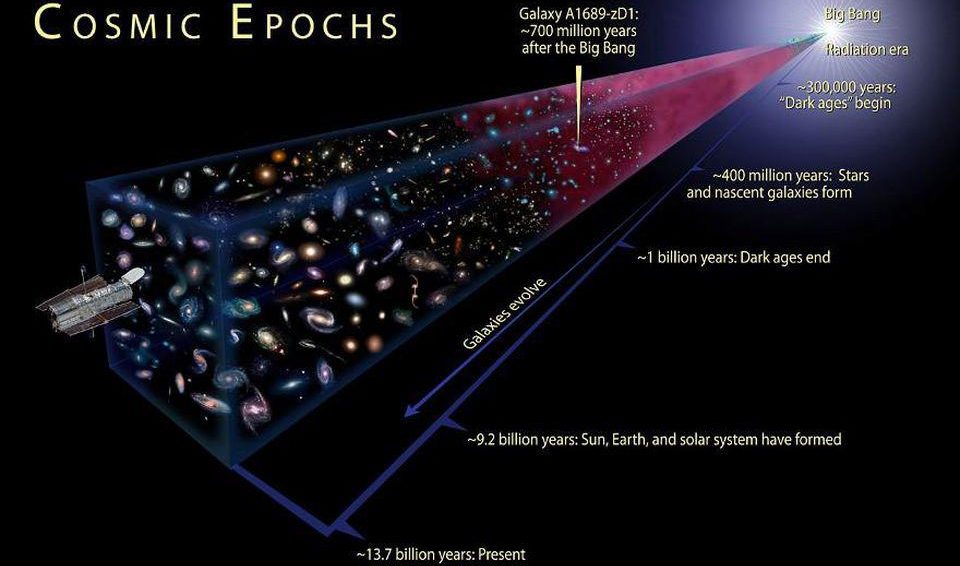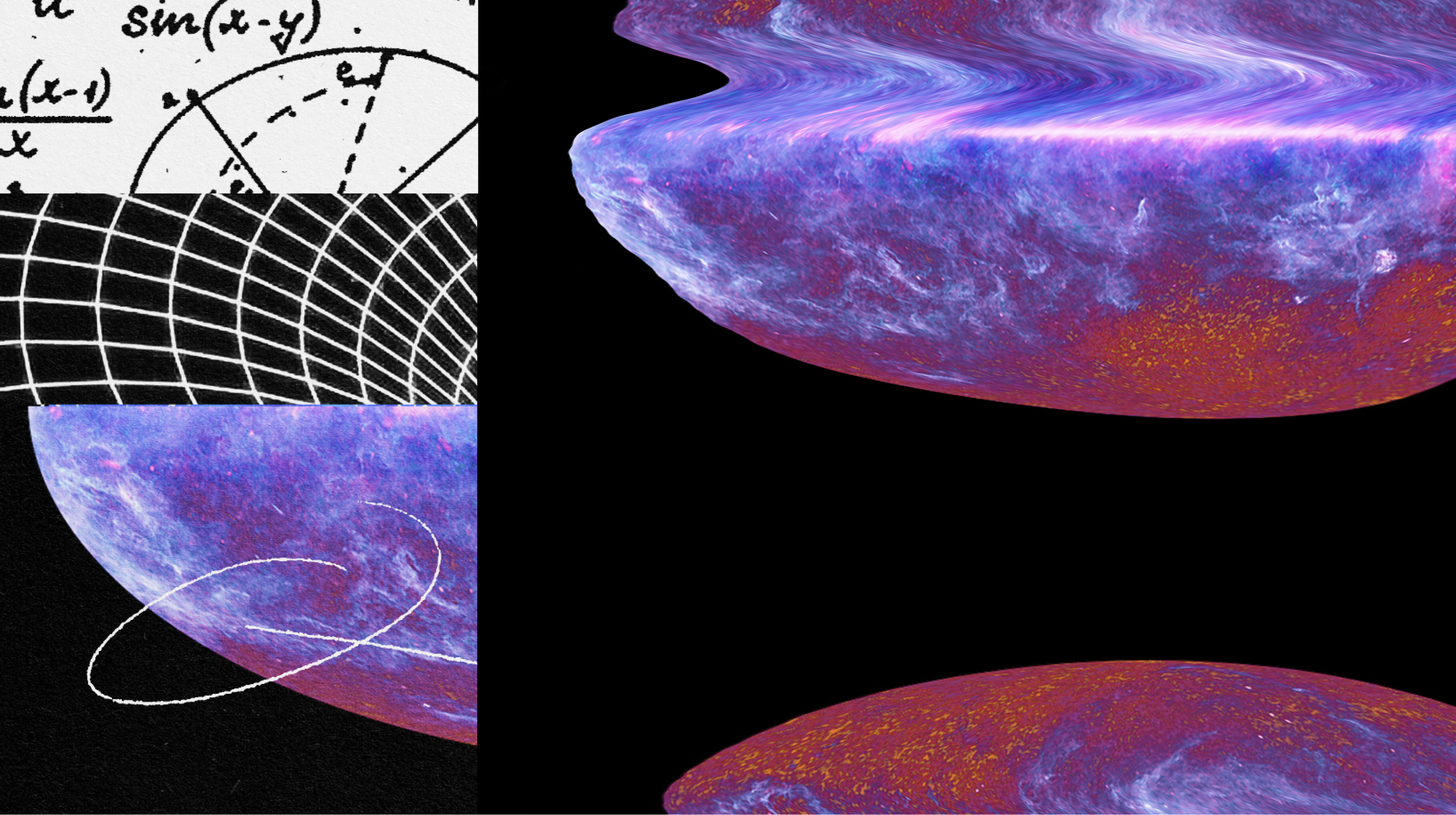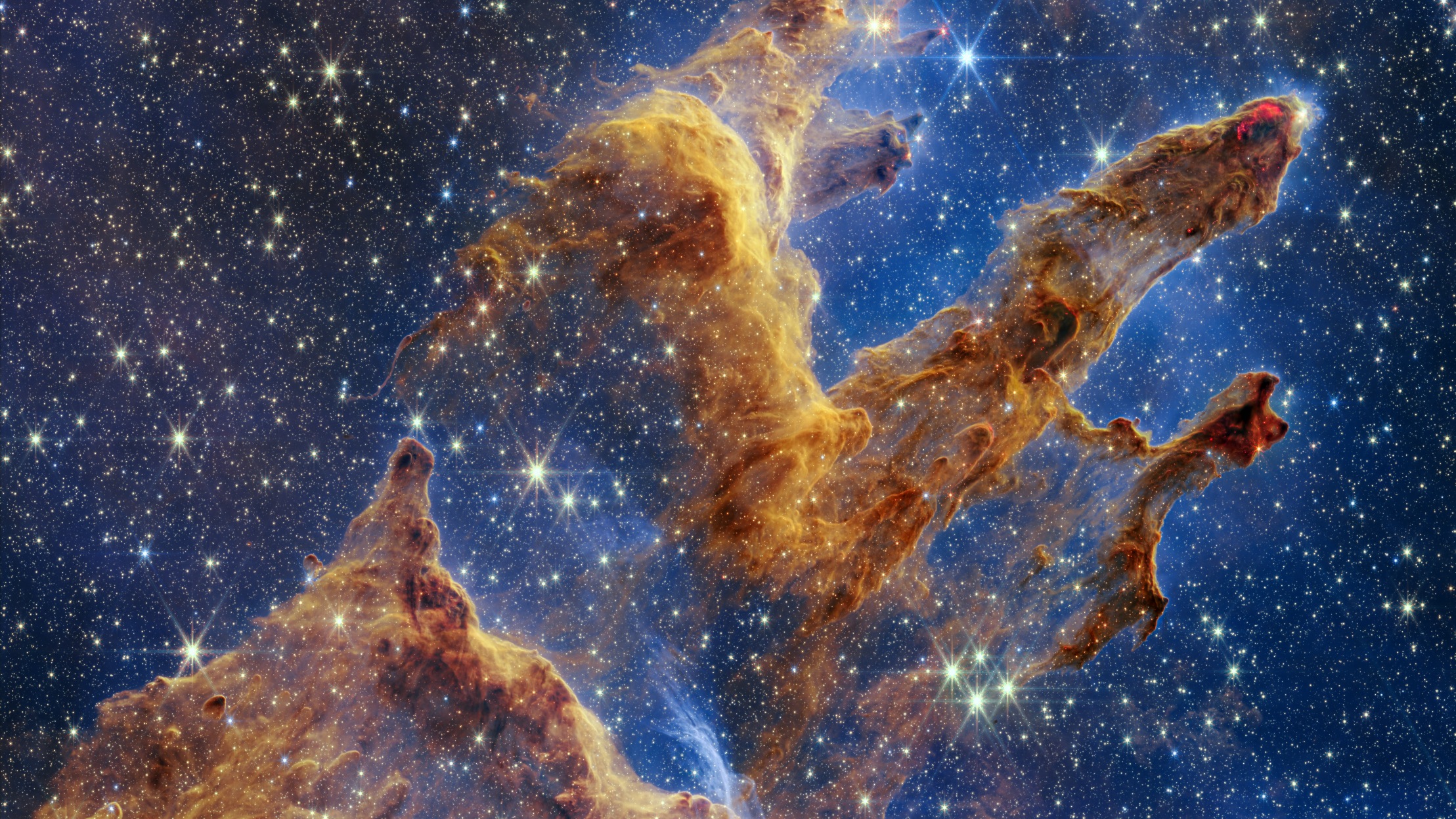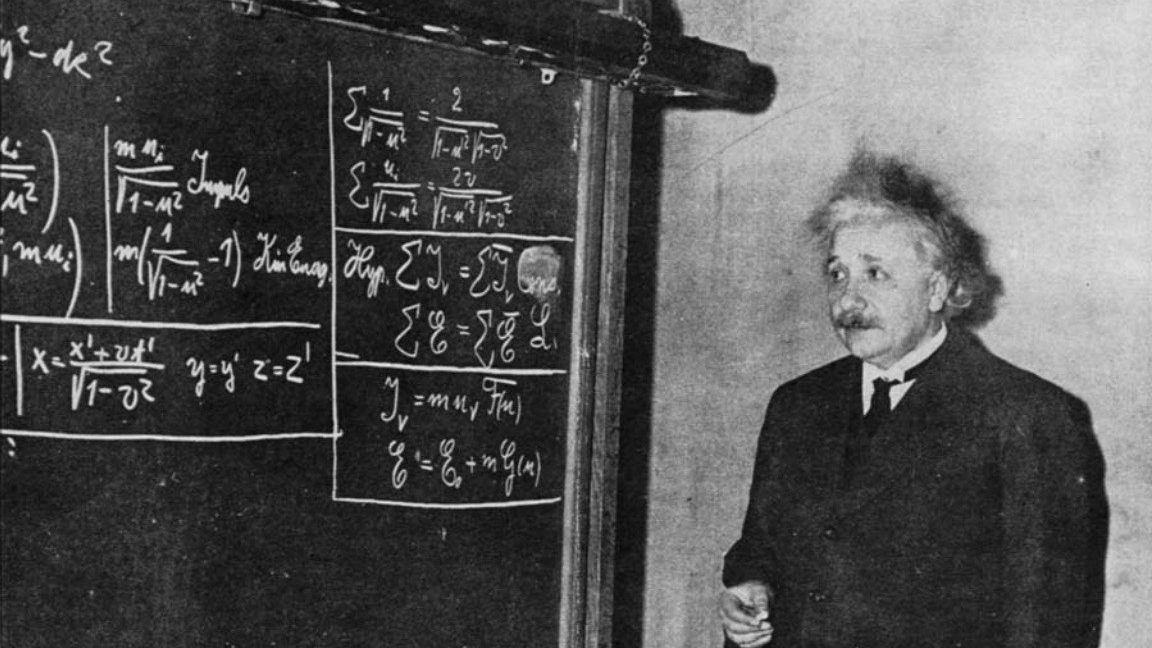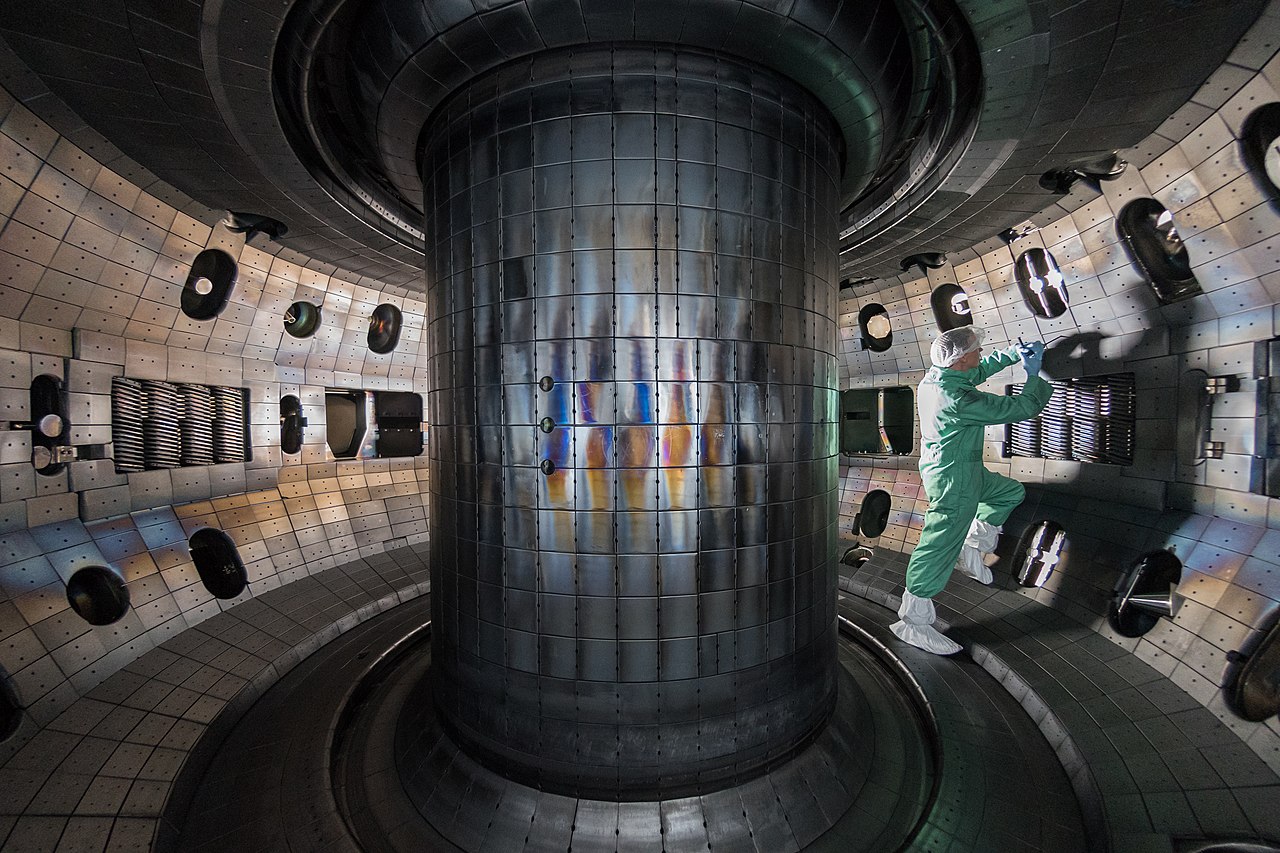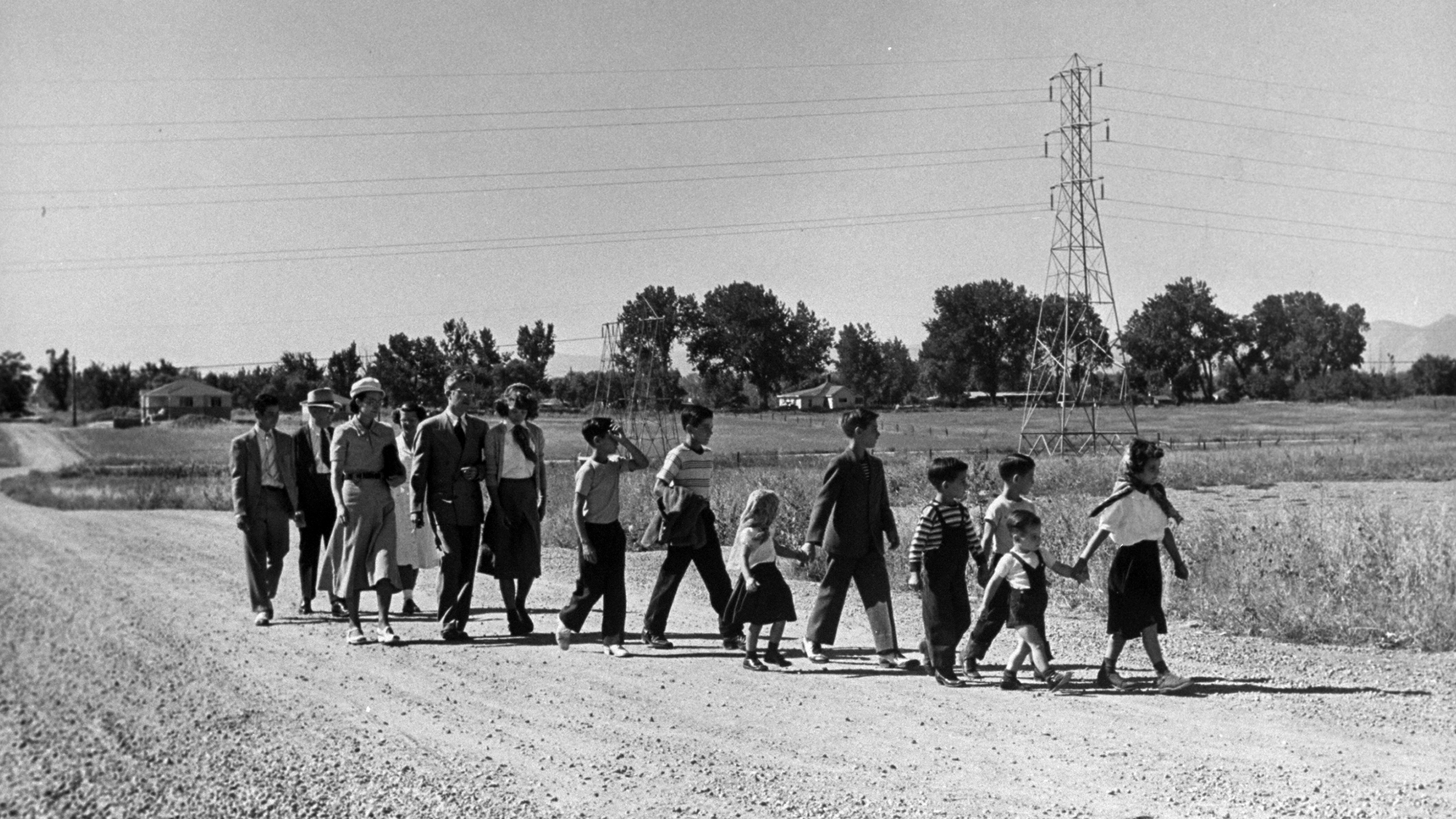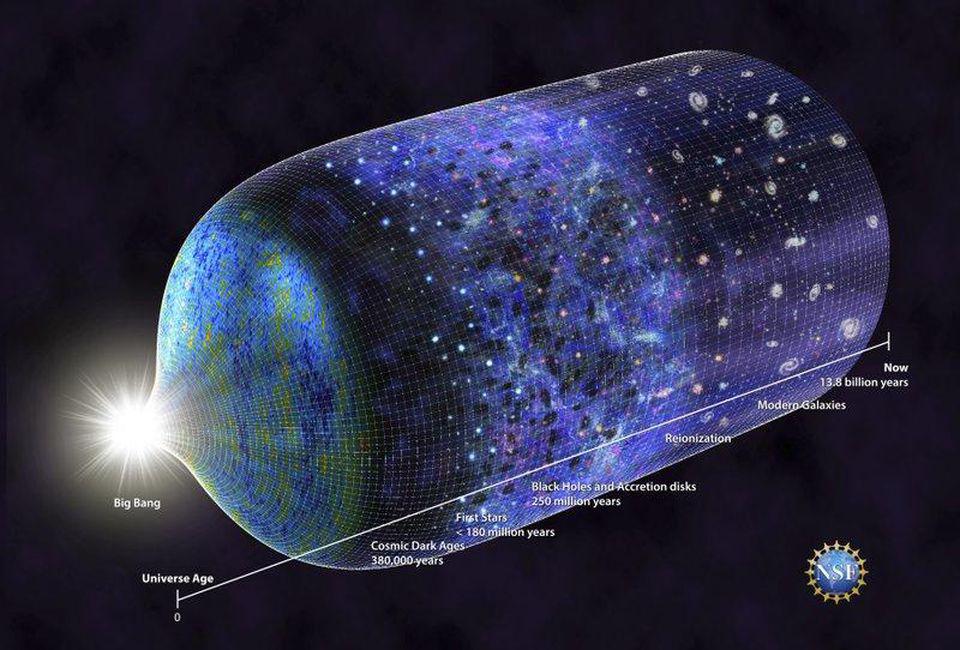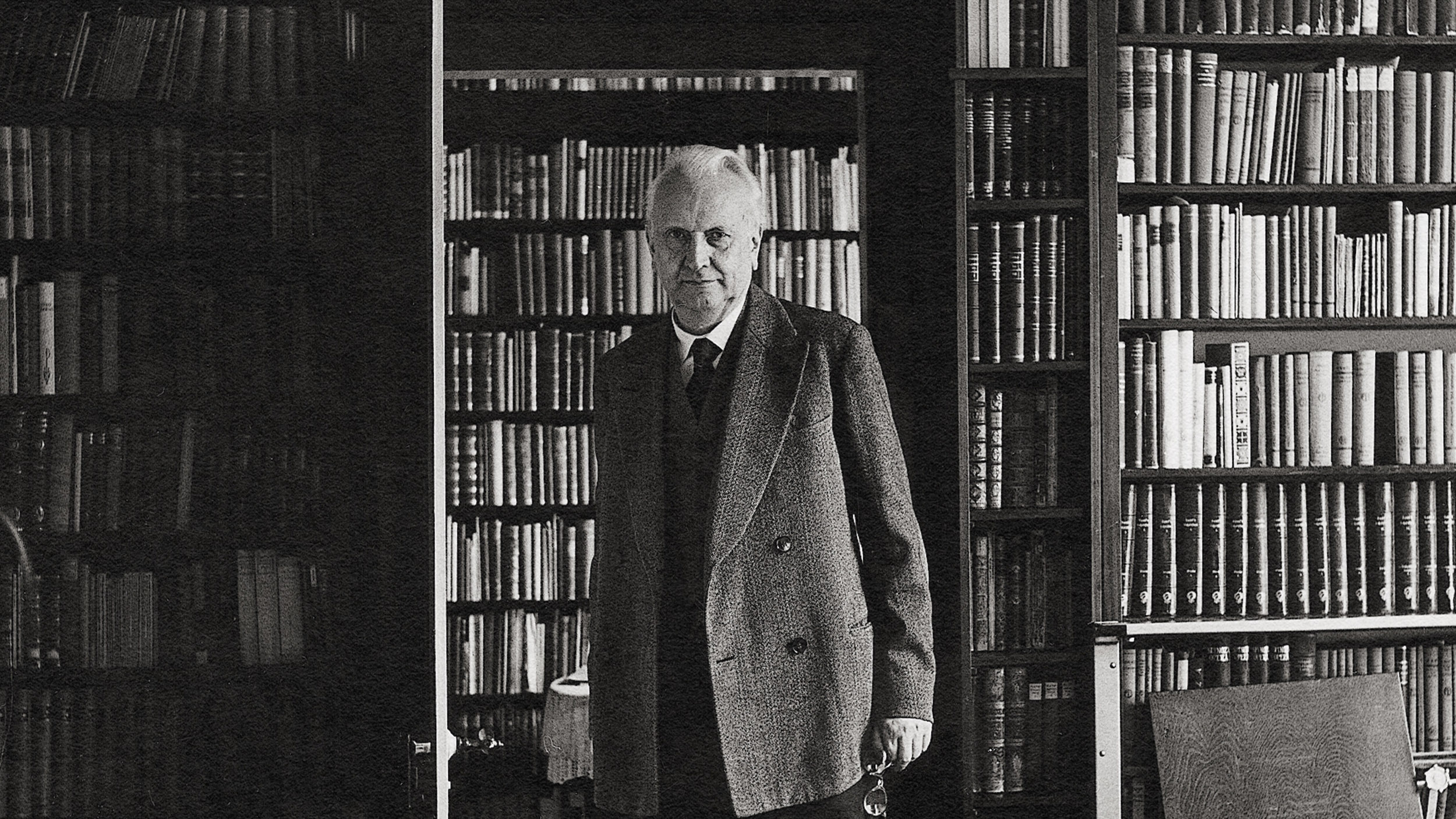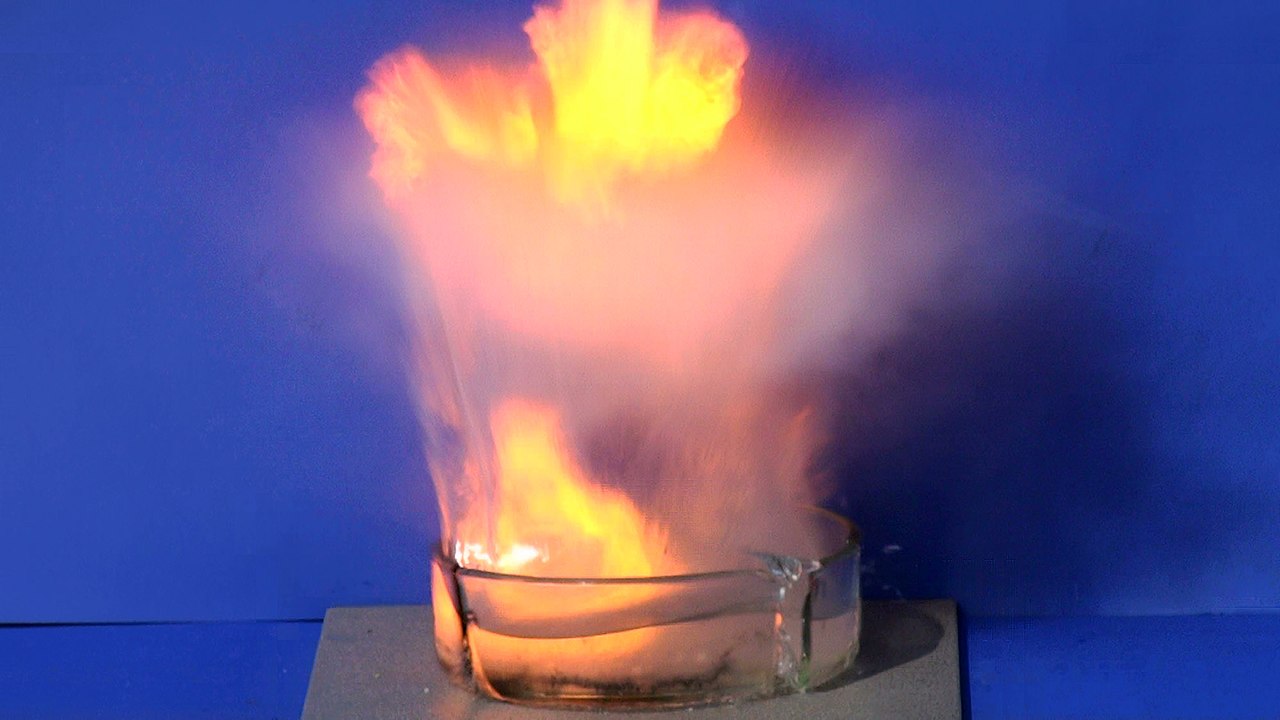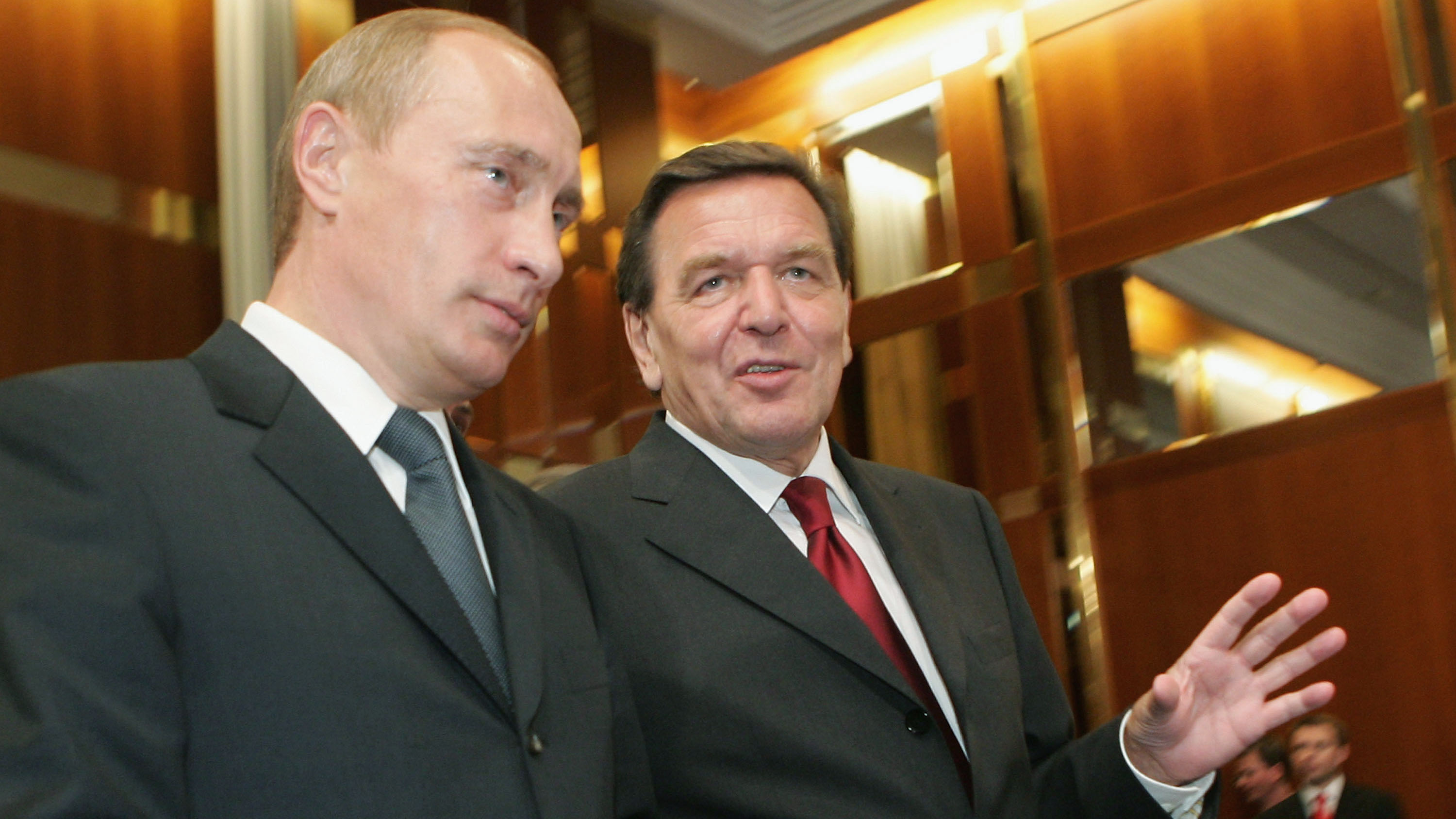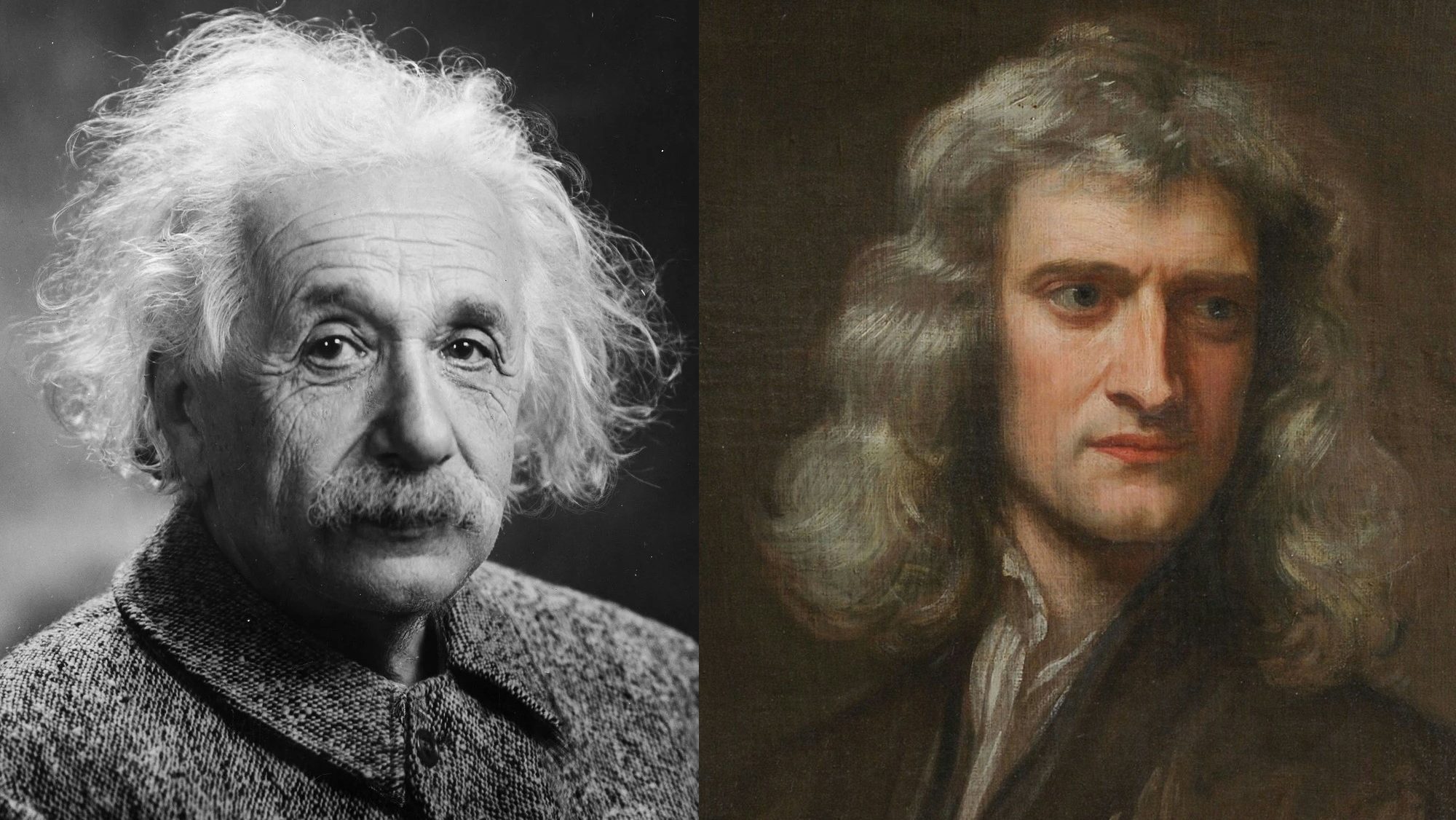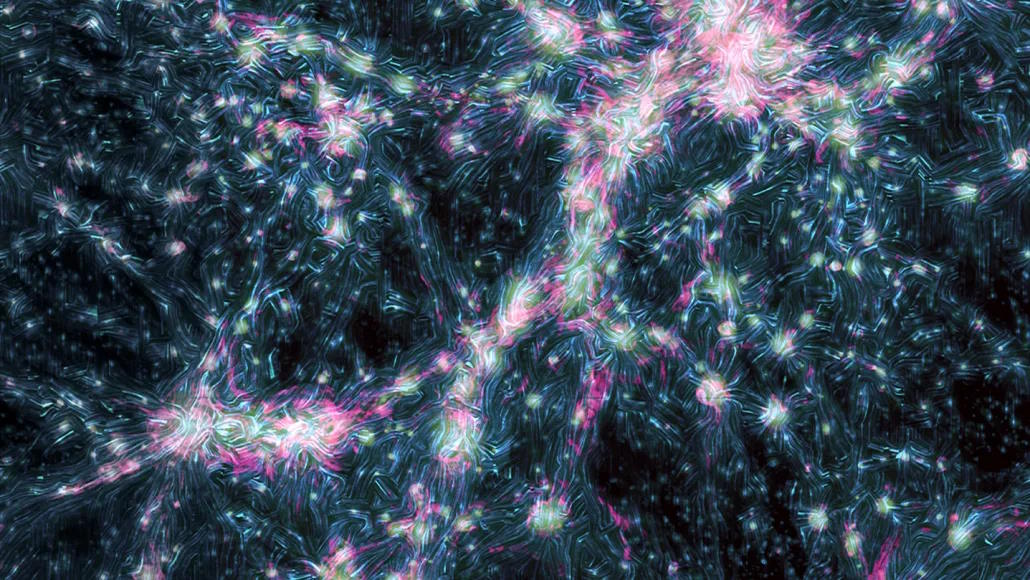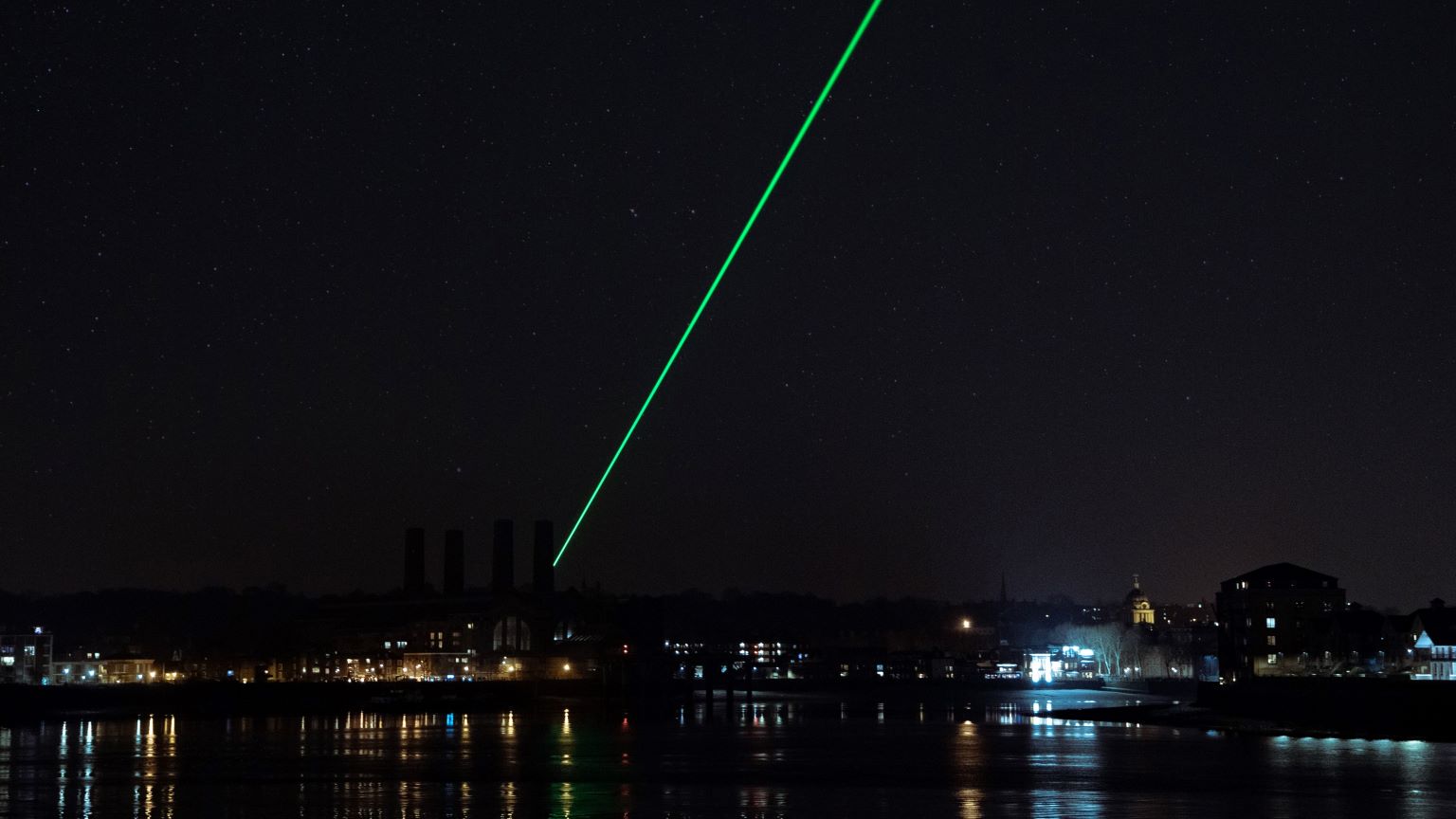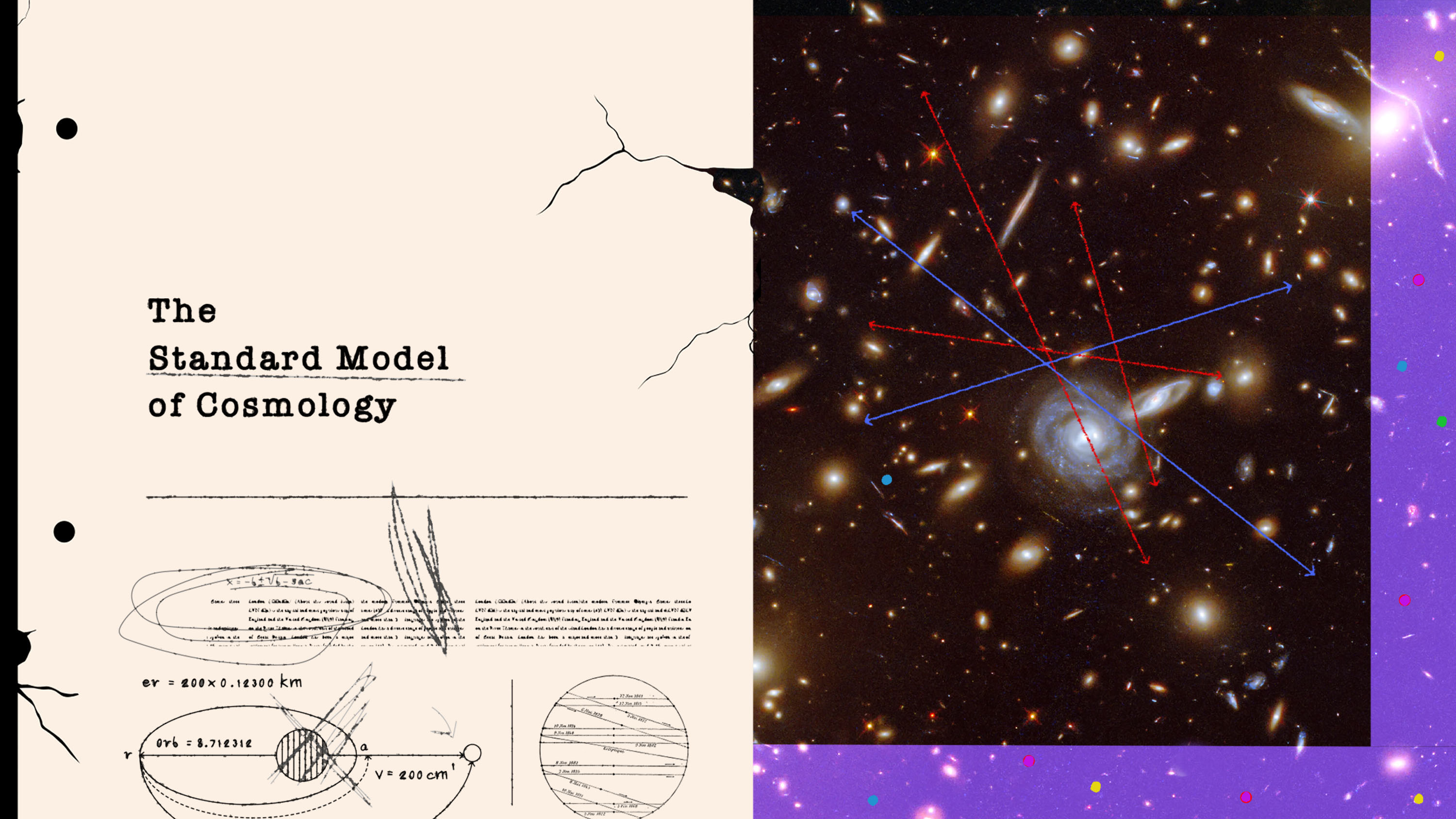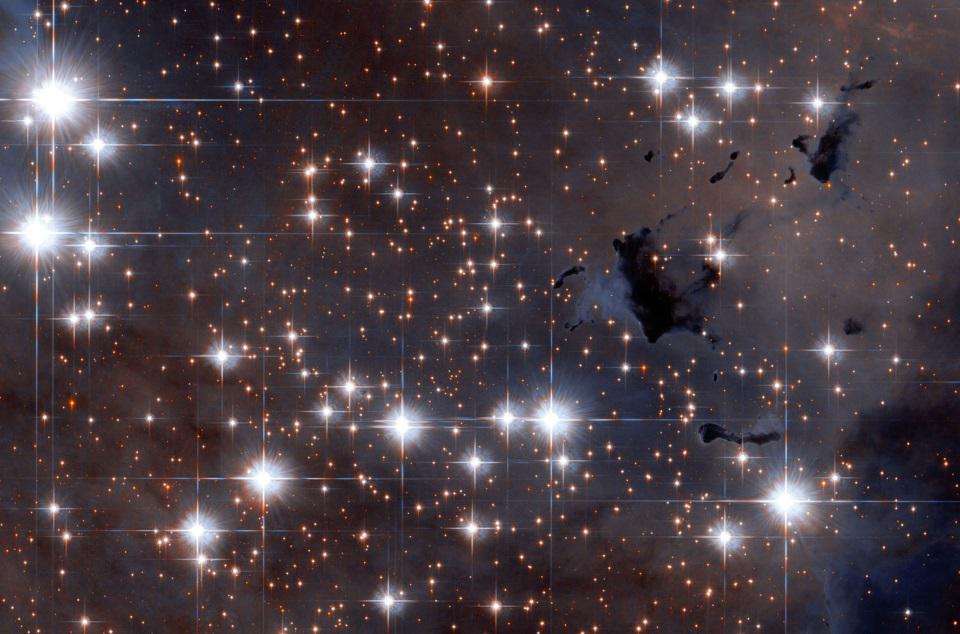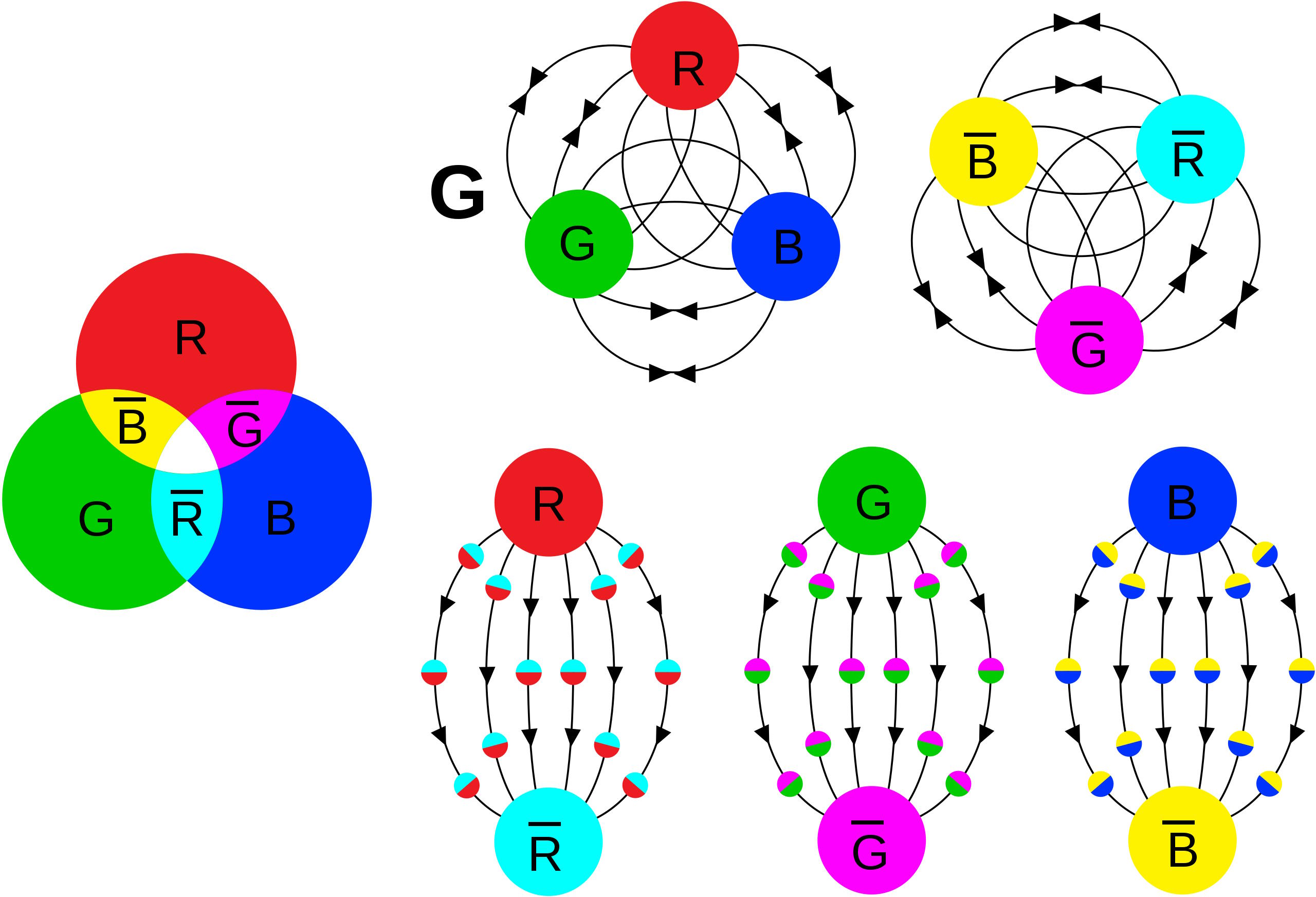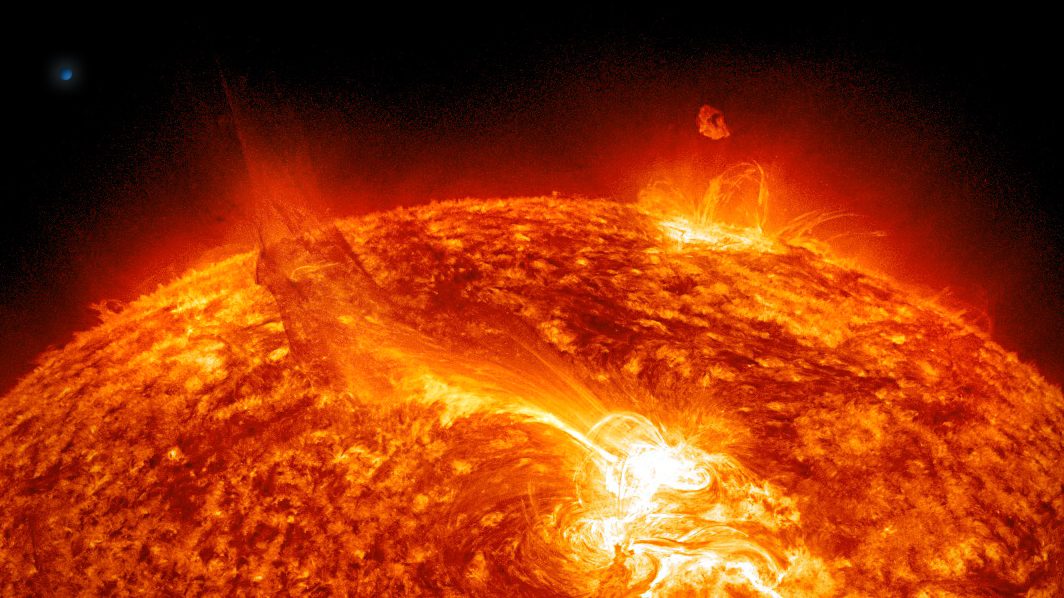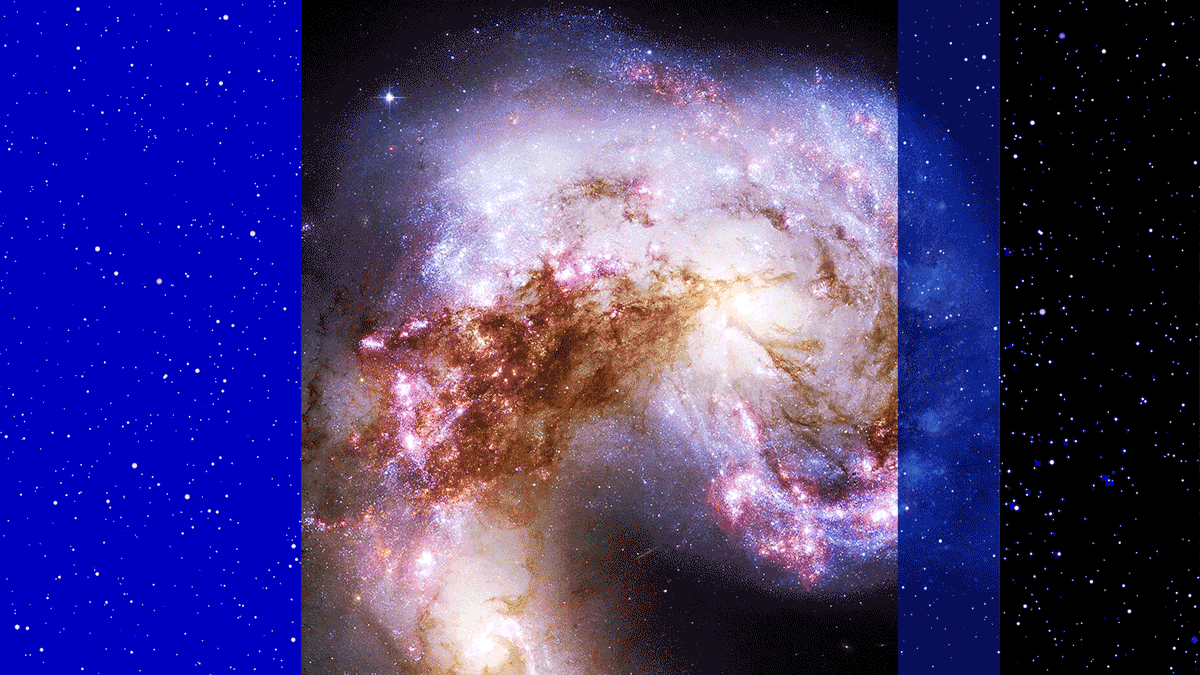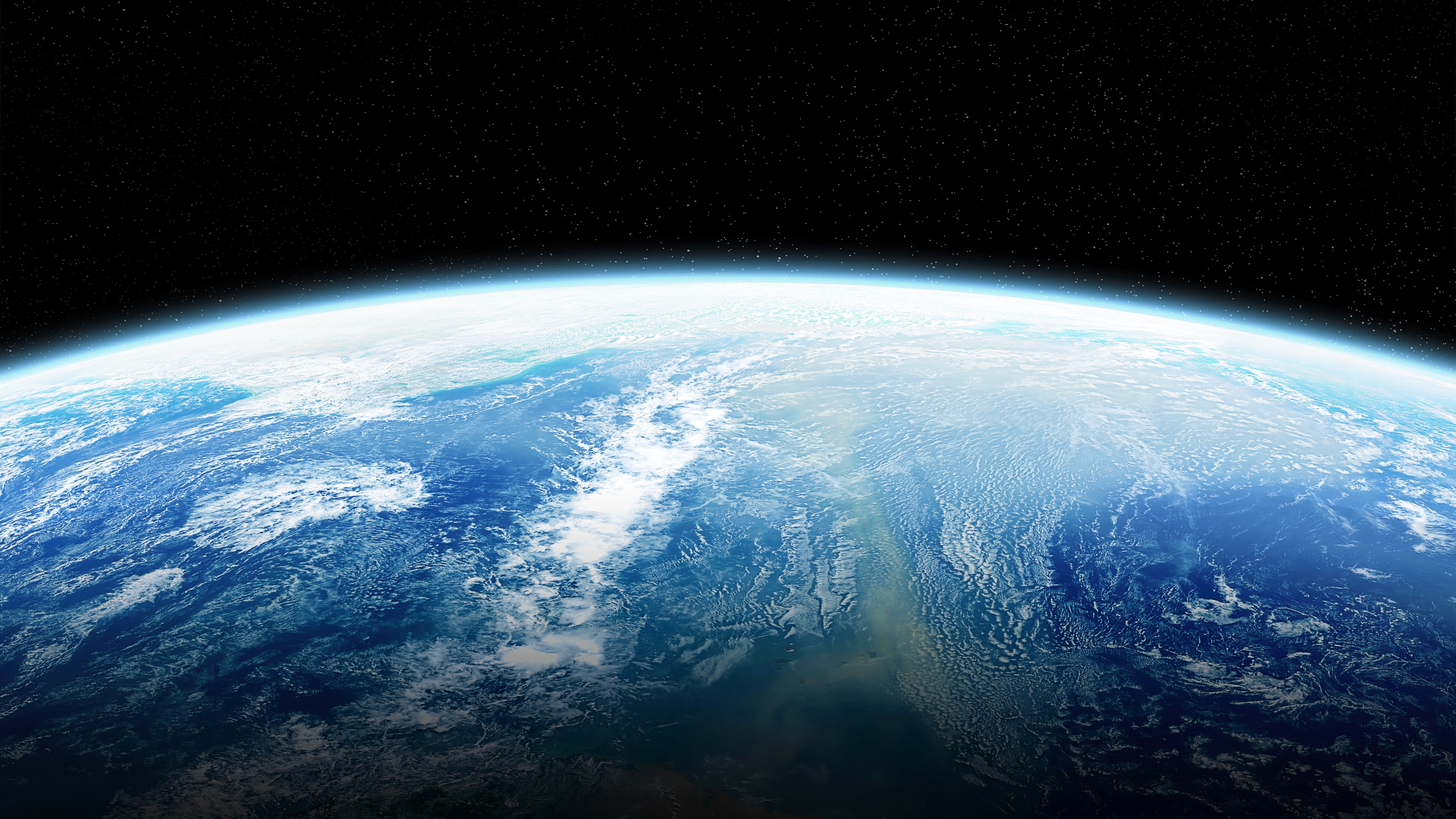The Universe is 13.8 billion years old, going back to the hot Big Bang. But was that truly the beginning, and is that truly its age?
Search Results
You searched for: energy
Cosmology is unlike other sciences. When our view of the Universe changes, so does our understanding of philosophy and science itself.
More than any other of Einstein’s equations, E = mc² is the most recognizable to people. But what does it all mean?
Why power generated through nuclear fusion will be the future, but not the present, solution to humanity’s energy needs.
About the project The goal of driving more progress across the world—scientifically, politically, economically, socially, etc—is one shared by many. And yet, debates about the best way to maximize progress […]
Is it better to be the oldest sibling, the youngest, or in the middle?
Do the laws of physics place a hard limit on how far technology can advance, or can we re-write those laws?
If you want to understand the Universe, cosmologically, you just can’t do it without the Friedmann equation. With it, the cosmos is yours.
When Star Trek’s Captain Picard and The Office’s Dwight Schrute channel philosopher Karl Jaspers, we can all benefit.
Radically improve your work-life speaking and presentation skills with a technique used by musicians and brand-name politicians.
It was barely a century ago that we thought the Milky Way encompassed the entirety of the Universe. Now? We’re not even a special galaxy.
Drop sodium in water, and a violent, even explosive reaction will occur. But quantum physics is needed to explain why.
Eric Olson — CEO and co-founder of Consensus — takes his cues from the university of legendary coaches.
For some reason, when we talk about the age of stars, galaxies, and the Universe, we use “years” to measure time. Can we do better?
Germany finds itself once again allowing a murderous dictator to run rampant in Europe, though this time it is due to incompetence and technophobia rather than malice.
Einstein’s “happiest thought” led to General Relativity’s formulation. Would a different profound insight have led us forever astray?
As the Manhattan Project headed for completion, German attempts to build a nuclear weapon had already been dismantled.
The Big Bang was hot, dense, uniform, and filled with matter and energy. Before that? There was nothing. Here’s how that’s possible.
Astronomers claim to have found structures so large, they shouldn’t exist. With such biased, incomplete observations, perhaps they don’t.
As technology advances, the use of laser weapons in space becomes more likely.
3D-printing robots are being used to build a 100-home housing development in the US state of Texas.
It may be time for a cosmological paradigm shift.
Even though the leftover glow from the Big Bang creates a bath of radiation at only 2.725 K, some places in the Universe get even colder.
The most common element in the Universe, vital for forming new stars, is hydrogen. But there’s a finite amount of it; what if we run out?
Protons and neutrons are held together by the strong force: with 3 colors and 3 anticolors. So why are there only 8 gluons, and not 9?
Recasting the iconic Carrington Event as just one of many superstorms in Earth’s past, scientists reveal the potential for even more massive eruptions from the sun.
Today, the star-formation rate across the Universe is a mere trickle: just 3% of what it was at its peak. Here’s what it was like back then.
“Isn’t it enough to see that a garden is beautiful without having to believe that there are fairies at the bottom of it too?”
In the 1970s, James Lovelock proposed that the biosphere was not just green scruff quivering on Earth’s surface. Instead, it managed to take over the geospheres.
